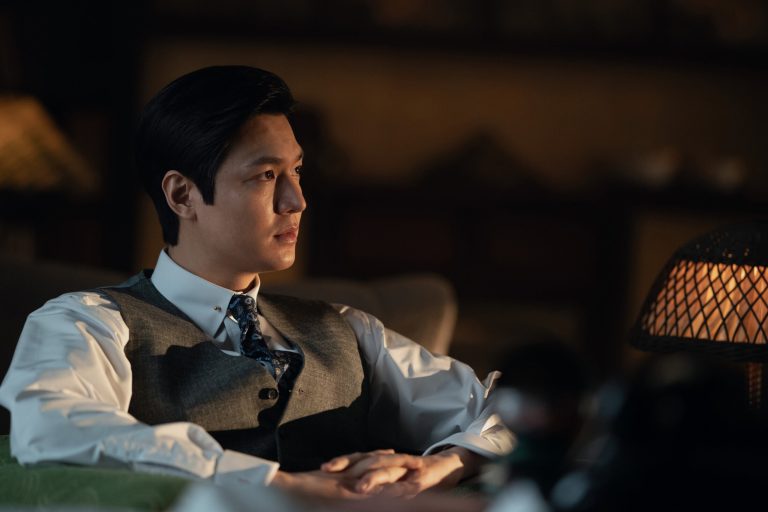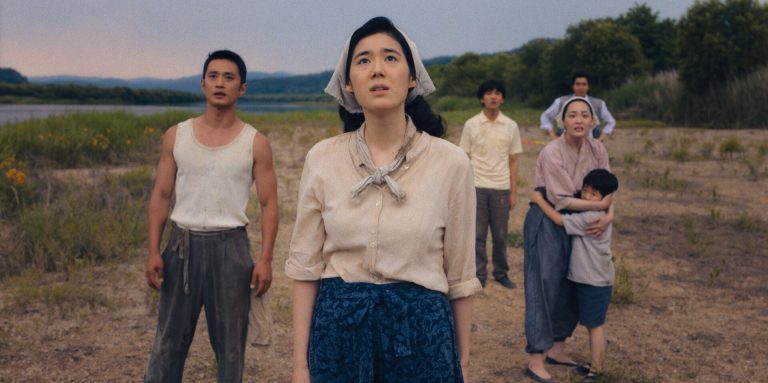If I, as a subscriber to Apple TV+ ever since the service launched back in late 2019, was given the task of ranking the best of everything it’s released up to this point, it would certainly be quite a challenge — although, there’s no question as to which title would have a hard lock on the #1 spot. No disrespect to any of the fine TV shows and movies we’ve gotten thus far from Apple’s small yet mighty streamer, but Pachinko is not only far and away the best thing that Apple has done to-date.
This dreamy, multigenerational adaptation of Min Jin Lee’s award-winning 2017 novel is also one of the best things I’ve ever seen on TV, period. You are not the same after you watch a show like this, not unlike the way travel outside of one’s home country for the first time can be a transformative, revelatory experience.
I’m probably laying it on a bit thick here, but I don’t care. Pachinko features a level of storytelling excellence you almost never encounter on the small screen. And you don’t have to take my word for it, either; the show’s highly anticipated Season 2 already has a perfect 100% critics’ score ahead of its release later this week (on Aug. 23).


Pachinko’s new episodes pick up with the story of the show’s matriarch, Sunja, in Osaka in 1954. She’s forced to make dangerous decisions about her family’s survival during World War II, while her grandson Solomon explores a new beginning in 1989 Tokyo. In my opinion, though, you don’t really have to understand anything about the show’s backstory to appreciate it. This is basically a story about identity, home, and family, and about the inexorable tug of legacy that propels one forward in life whether they realize it or not.
Pachinko is for anyone who’s ever felt cast adrift, disconnected from their tribe, from their place, from their sense of belonging. If that’s a feeling you can sympathize with, then I’m telling you — once you dive into this beautiful show, there you are.
I also want to say something about Minha Kim’s acting in Pachinko. She’s simply a revelation as the young adult version of Sunja, her face a topography of beauty and pain. She’s absolutely spellbinding, every time she’s on the screen. And as for my favorite moment in the show thus far, that came during the scene in Season 1 in which Solomon dances in the rain to a cover of The Cure’s In Between Days. That’s when I went from being a fan of the show to evangelizing about it.
The title, by the way, refers to the pinball-like Japanese gambling game — and while Sunja’s family eventually turns pachinko into a source of livelihood, the game is also a metaphor for the randomness of life. About the slim chances of success, and about fighting to survive against overwhelming odds. I can’t stress this enough: Pachinko is an absolute masterpiece.








